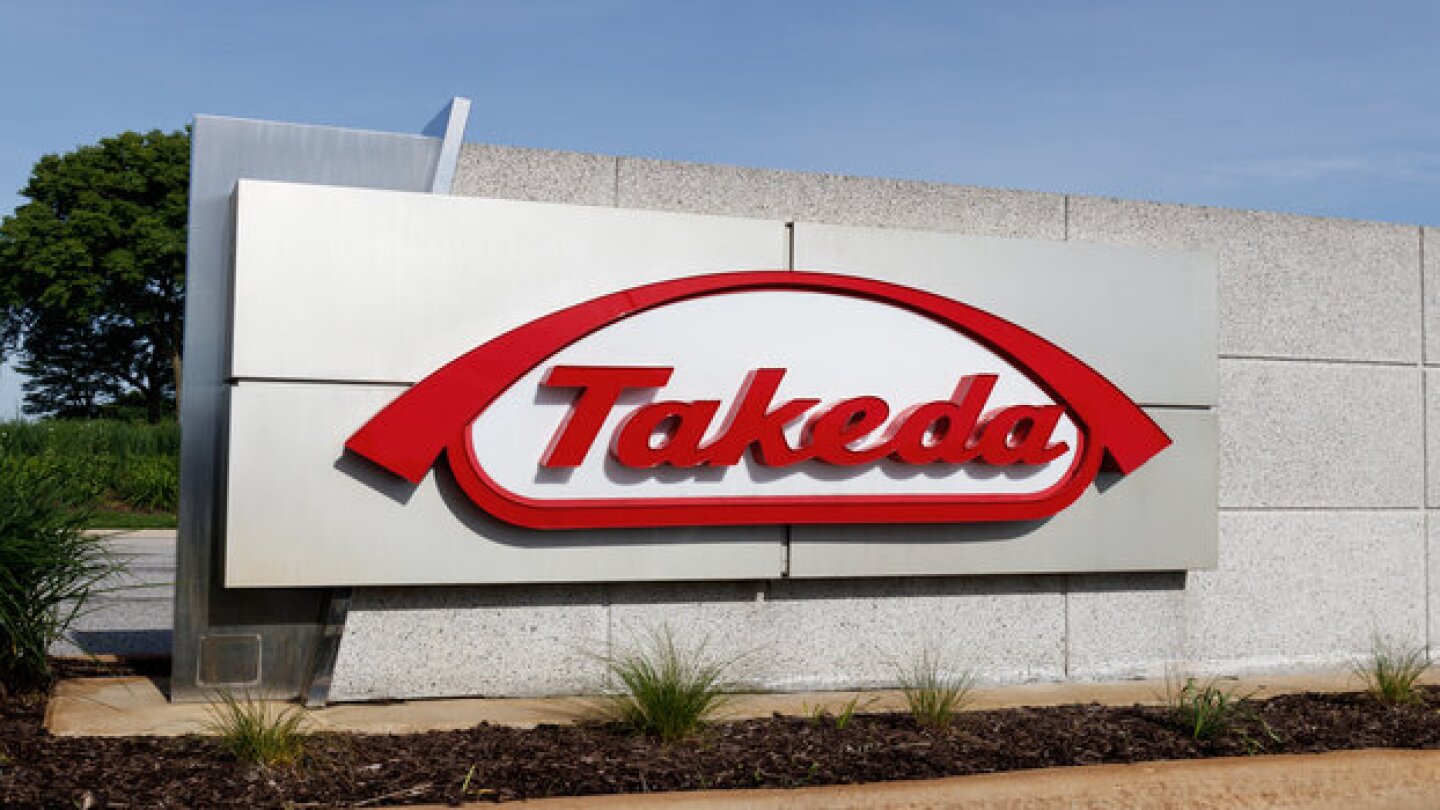News
Second-quarter earnings come amid many high-level challenges for the biopharma industry. How will these five closely watched biotechs fare?
FEATURED STORIES
BioNTech said in 2022 that it faced “threats of a groundless patent infringement suit” from a company that was “unable to bring to market any product to help in the fight against COVID-19.” Now, the mRNA biotech is buying that very company.
Sanofi paid a more than 300% premium on its acquisition of Vigil Neuroscience, suggesting a fierce battle to seal the deal. Across biopharma, companies are sometimes willing to put it all on the line for the right buyout. Novartis’ recent acquisition of Regulus for $800 million upfront provides a case study.
AstraZeneca, Pfizer and more are leveraging the computational power of AI to better design trials, predict the potential efficacy and safety profiles of their molecules and synthesize massive multi-omic information to gain a more complete understanding of challenging cancers.
Job Trends
MOMA Therapeutics today announced the appointments of two seasoned industry executives to the company’s leadership team. Marc Ballas, M.D., joins as SVP, head of clinical development, and Adam Thomas joins as chief people and experience officer.
FROM OUR EDITORS
Read our takes on the biggest stories happening in the industry.
The HHS secretary recently canceled $500 million worth of BARDA contracts around mRNA vaccine research. But the U.S. government has already spent billions on this work, which has saved millions of lives.
THE LATEST
Despite the FDA commissioner’s promises of partnership and collaboration, personnel changes and continued federal cuts create uncertainty for an industry already struggling with nearly half a decade of investment scarcity.
The drug came to AstraZeneca through its acquisition of CinCor Pharma in 2023, with the hopes of beefing up its cardiovascular and kidney disease pipelines.
Takeda’s oveporexton improved wakefulness, attention and other key narcolepsy endpoints “with a high degree of statistical significance,” according to Jefferies analysts.
The development saga for the depression molecule has been rocky for years, unable to ease symptoms in multiple late-stage trials.
The FDA cited manufacturing issues but did not flag problems with Ultragenyx’s data package for UX111, with the biotech noting that the regulator found its neurodevelopmental findings for the gene therapy to be “robust.”
Through its recently unveiled Priority Voucher program, the FDA seeks to accelerate the review process for companies that promise to keep prices down.
New data and analyses presented at the American Diabetes Association’s annual meeting highlight the priorities for the next generation of weight loss medicines: muscle preservation, limited side effects and novel targets.
The FDA has several big-ticket decisions lined up to close out July, including applications in lymphoma, rare diseases and a hormone deficiency, while GSK dares to DREAMM again in multiple myeloma.
Market reaction to recent readouts from Compass Pathways and Beckley Psytech/atai in treatment-resistant depression speaks to the hurdles psychedelic therapies must clear to quell concerns about commercial viability.
Only with the adoption of digital imaging and AI-powered analysis will next-generation precision oncology therapies reach their full potential and ensure no eligible patient is overlooked.

















